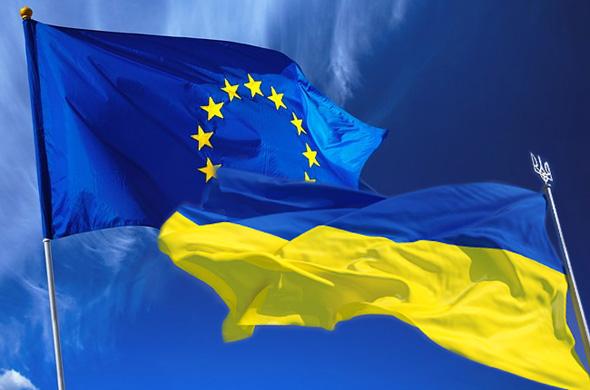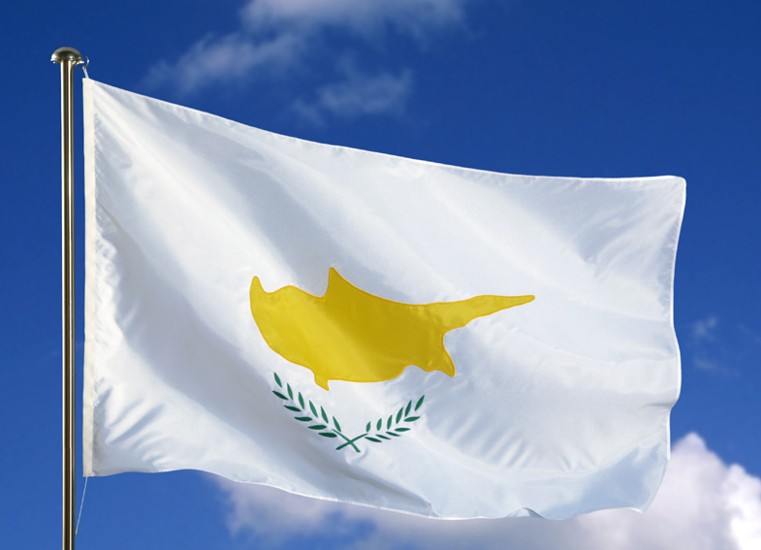On 1 March 2014, the Russian parliament unanimously adopted a resolution to authorize the use of force in the Ukraine, if required, to protect Russians in the region. Ukrainians complained bitterly that their sovereignty was being undermined by the Russian occupation and officials issued a warning to the Russians that any military incursion would be tantamount to an act of war. The reigning Prime Minister of Ukraine, Arseniy Yatsenyuk. declared that his country would safeguard its sovereignty from Russian intervention. As such, the Ukrainian military has been put on full alert, for the protection and preservation of the integrity of Ukraine. The Ukrainian crisis has had an effect on the markets with traders rushing to buy gold as uncertainty looms in the days and weeks to come. For the full analysis by Banc De Binary Founder, Oren Laurent, read more…
Tag Archives: ukraine

Just A Minute!
Here’s today’s ‘Just A Minute’ bringing you a 60 second summary of what’s happening in the markets.
Main Trading Events Of The Day: Several today including USD Non-Farm Employment Change @ 13.30, USD Trade Balance @ 13.30 & USD Employment Rate @ 13.30 GMT
WHAT WE’RE WATCHING TODAY
U.S. Non-Farm Payrolls: Gains In Job Growth Expected
Stock markets are ready for a soft jobs report due later today. Data is expected to show that employers in the U.S. hired more workers in February than a month earlier, indicating that companies were confident that demand will bounce back from a weather-induced slowdown. Payrolls increased 149,000 last month after a 113,000 gain in January, according to a Bloomberg survey ahead of figures from the Labor Department. The jobless rate held at 6.6 percent, the lowest since 2008, the survey also showed.
Even with last month’s pickup, job gains remain smaller than those seen for most of last year as the harsh weather conditions across the eastern U.S. slow consumer spending, housing and manufacturing. The Federal Reserve is trying to determine how much of the recent cooling has been due to weather, which means the outlook for monetary policy may not become clearer until March data becomes available but analysts believe that the weather is not the only factor behind the lull in activity - businesses are working through a large amount of unsold goods accumulated in the second half of 2013, which means they have no incentive to place new orders with manufacturers.
The U.S. dollar, meanwhile, is set for its biggest weekly gain in three months versus the yen before the release of U.S. payrolls data, with Federal Reserve officials reiterating the threshold for changing its stimulus tapering is high. The U.S. currency yesterday was at its strongest versus the yen since January as reports showed fewer Americans filed claims for jobless benefits. The dollar was little changed at 102.97 yen, from 103.07 yen yesterday, and has climbed 1.2 percent this week, the biggest advance since the period ended Nov. 29.
Meanwhile, Gold traded near the highest level in more than four months and headed for a fifth weekly advance before U.S. payrolls data. Gold rose 1.8 percent this week and closed at $1,350.02 an ounce yesterday, when prices rose 1 percent on expectations that U.S. borrowing costs will hold at a record low and European inflation will gradually accelerate. The metal reached $1,354.87 on March 3, the highest since Oct. 30, as tension between Ukraine and Russia escalated.
U.S. Non-Farm Employment Change @ 13.30 GMT.
What Is The Impact Of The Ukraine Crisis For Investors?
The recent Russia/Ukraine situation has caused some pronounced unrest in the currency markets, as well as a sharp selloff in the Russian equity market. Should investors be worried and is the safety trade the best trade? Much of this depends on whether Western influence can stop Russia invading. It is unlikely that the United States can stop Putin, but it can make it very uncomfortable for him to proceed. It is worth remembering that Russia has major pipelines running through Ukraine that deliver natural gas to the rest of Europe. Mistreating Ukraine to the point that it shuts down those pipelines would be economically devastating to Russia. It is unlikely that Ukraine will mount any meaningful military resistance to Russia simply because Ukraine is effectively broke. The Ukrainians cannot finance a war as they teeter on the edge of bankruptcy. What will punish Russia significantly will likely be the damage to asset prices that will be the consequence of investment funds leaving the country. Russia was forced to raise its overnight lending rate by 1.5 percent to defend the value of the ruble.
What does this mean for investors? Should investors be pulling up stakes in Russia and repatriating their funds home? Probably not, when you take into consideration what matters to Russia. First, oil is of great importance. Russia is one of the top producers of oil, and rising prices for crude means better revenues for Russia. Gold also matters to Russia. Russia is sensitive to the price of gold and other metals. Rising gold prices benefit Russia’s miners. The reality is that Russia likely will benefit from any spikes in commodity prices that these events cause. Russia’s markets are down significantly here and many believe they should be bought. With regard to equity prices, these are mainly dependent on earnings growth. Analysts believe that none of the events in Ukraine or Russia are likely have any impact on the earnings of companies here or in Russia. Earnings are expected to continue rising, and sooner or later the uncertainty in Russia will dissipate. Those investors who buy during the days of bad news will likely be winners once the political unrest blows over.
That sums up today’s highlights! We hope you have a profitable day on the markets.

Ukraine falls out of EU hands and into Putin’s
Ukraine doesn’t mind the fact that the European Union is stricken by financial troubles and rising nationalism; they still want in. Unfortunately, their leadership doesn’t, much to the dismay of the people who protested in tens of thousands in central Kiev. Braving icy weather and tear gas to demonstrate against their leaders’ sudden decision to scuttle an EU trade deal, police estimated the crowd at 25,000, but participants and aerial photographs suggest the number was closer to 100,000.
The pact which was on track to be signed at a Nov. 29 summit in Vilnius seemed to be going ahead as planned, with Ukrainian President Viktor Yanukovych pushing through the required legislation. However, Russia’s efforts to keep Ukraine out of the EU seems to have finally made progress, as Yanukovych is deemed to have made two semi-secret trips to Russia for talks with President Putin, who must have put something on the table more attractive than what the EU was willing to put up.
As Prime Minister Mykola Azarov put it on national television, modernising Ukrainian industry to EU standards will cost at least 150 billion to 165 billion euros. According to Azarov, the Russian leader promised to renegotiate Ukraine’s contracts with Gazprom, the Russian state-controlled natural gas supplier; a price cut could help Ukraine patch its budget deficit without reducing gas subsidies to households. Gazprom denies a price reduction has been agreed.
Whatever the motivation, Ukrainian government announced on Nov. 21 that it was suspending EU association talks, and the parliament threw out the Tymoshenko bill. For many Ukrainians, this is heartbreaking news: to them, the EU agreement was a cultural, rather than an economic one. The nation’s middle class, and a majority of people living in the western part of the country, saw it as a statement of values and identity.
It seems that the cynical Ukrainian government will go with whoever offers to bail it out. Distasteful as it may be for the EU, bailing out the government could bring into united Europe millions of enthusiastic citizens, who may be poor, but determined and idealistic, perhaps even able to replace the government in the near future with a less corrupt one. Europe, however, does not seem prepared to take on such a big project. Putin is a more determined player, so victory falls in his hands – for now.




